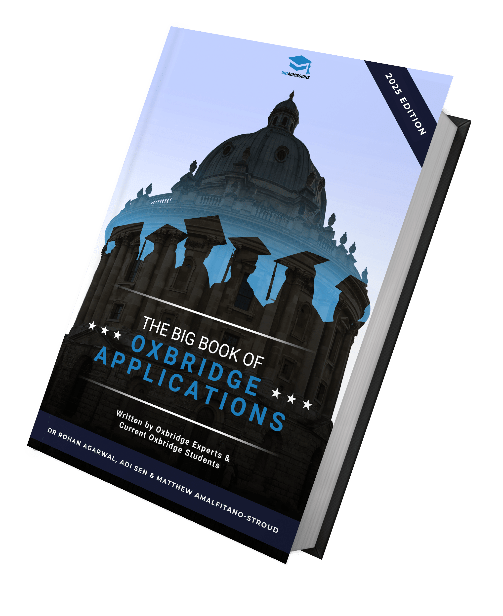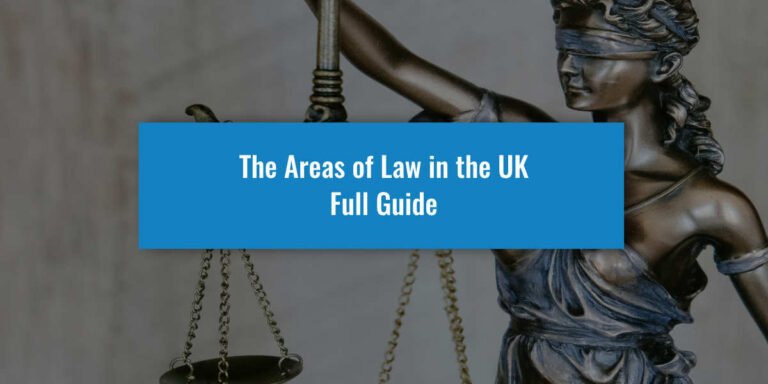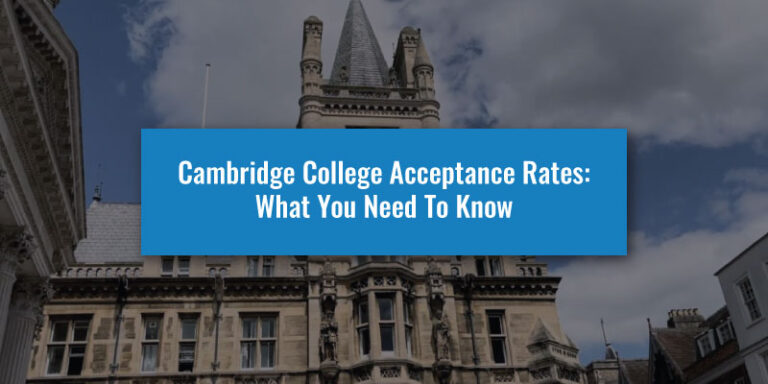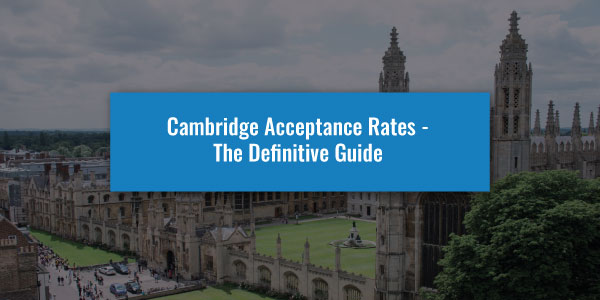What type of Cambridge Law Interview questions can I expect on the day?
The Cambridge Law Interview questions may seem like a daunting prospect, so today we’ll provide some clarity on what the questions are like.
Students are not required to have any prior knowledge of law for the Interviews. The Admissions Tutors instead focus on an applicant’s ideas, thought processes, ability to defend and form logical arguments, ability to recognise counter-arguments and explain any changes in their view in light of new information or a change of circumstances.
In this article, we will illuminate the process and show how you can put yourself in the best position to succeed during your Cambridge Law Interview.
Motivation For Study
Many Interviews will start with some quite standard warm-up questions, such as why you want to study Law. So without over-preparing an answer, a good thing to do is get a clear idea of what interests you about law, and why you are choosing Cambridge.
These may seem like simple questions but they are also great opportunities to show your passion and motivation to study. By answering these questions, you will also demonstrate your understanding of what the law is.
To get a good idea of what the Cambridge Law Faculty is like and further admissions information, check out the Cambridge Law Undergraduate site.
Access "The Big Book Of Oxbridge Applications" For FREE
Are you considering applying to Oxford or Cambridge? The Big Book of Oxbridge Applications is your must-have resource. Whether you’re exploring colleges, preparing for admissions tests, mastering your UCAS application, crafting a standout Personal Statement, aiming for exam success, or preparing for your interviews, this free book will be invaluable to your preparation. Through over 350 pages, you will find:
- Over 40 admissions test practice questions
- 28 example Oxbridge Personal Statements
- Interviews with Oxbridge students and graduates
- Additional downloadable resources

Subject Questions
Of course, a significant portion of the Cambridge Law Interview questions will be subject-based. It is likely that legal materials will be provided for you. An example of this would be that a subject of law would be provided along with a problem where you will need to apply that law to.
What you might notice is that it’s expected that the applicant does not have all the answers right away. In fact, the interviewers want applicants to demonstrate their thinking out loud. A good way to prepare for this is to look at the news, or at stories you are interested in and think about how the law has been applied. This may raise questions about the purpose of law in society and whether the law is adequate in certain cases. All the sorts of questions that may be raised in Cambridge Law Interview questions.
As mentioned at the start, Cambridge stresses that no legal knowledge is required to answer Cambridge Law Interview questions. You will not need to look up legal rules or statutes. However, a good knowledge of current events will be helpful in your understanding of the subject.
Preparation For Cambridge Law Interview Questions
Practice Out Loud
Beyond taking an interest in the social and political world around you, you should practice explaining your thought process out loud, as this is something that some applicants might not be used to. Overall, understand your own motivation for studying law and start thinking critically about the issues surrounding law, and practice clearly explaining your thought process on a problem question. This is a great way to prepare for the Cambridge Law Interview questions.
Stay up to date
Make sure you stay up to date with major ongoing issues in the world, such as Brexit and Climate Change discussions, even the situation in areas of war and conflict. This is critical for the morning of your interview so you are completely up to date and aware of what is going on around you that is related to the law.
It’s also imperative that you don’t just stop after reading the headline or the news story, you must form your own opinions and think about how you might argue your position and what counter-arguments may come up from this. Jot down your thoughts to help you remember and if you find yourself getting stuck with thinking of counter-arguments, an easy cheat for this is to read about the same story but use different sources such as the various political party supporting newspapers.
Read Your Personal Statement
We can’t stress enough how important it is that you go back through your Personal Statement before your Interview. The Interviewer will nearly always talk to you about it so make sure you are up to date with any current issues you mentioned in it and you refresh yourself on the wider reading that you will have written about in your Personal Statement.
Looking to improve your Interview performance in preparation for the Cambridge Law Interview?
Our expert Cambridge Law Interview support is designed to give you the highest chance of an offer at the Interview stage. Your Cambridge Law tutor will work with you to craft a strong Interview strategy and provide one-to-one tuition and mock Interview practice to rapidly improve your Interview performance.
Discover our Law Interview Programme by clicking the button below to enrol and triple your chances of success.






